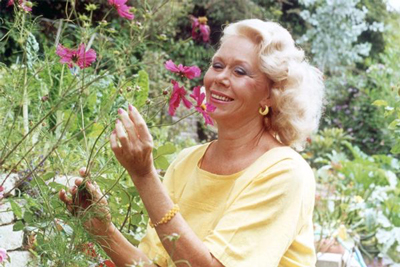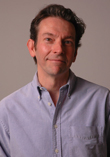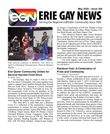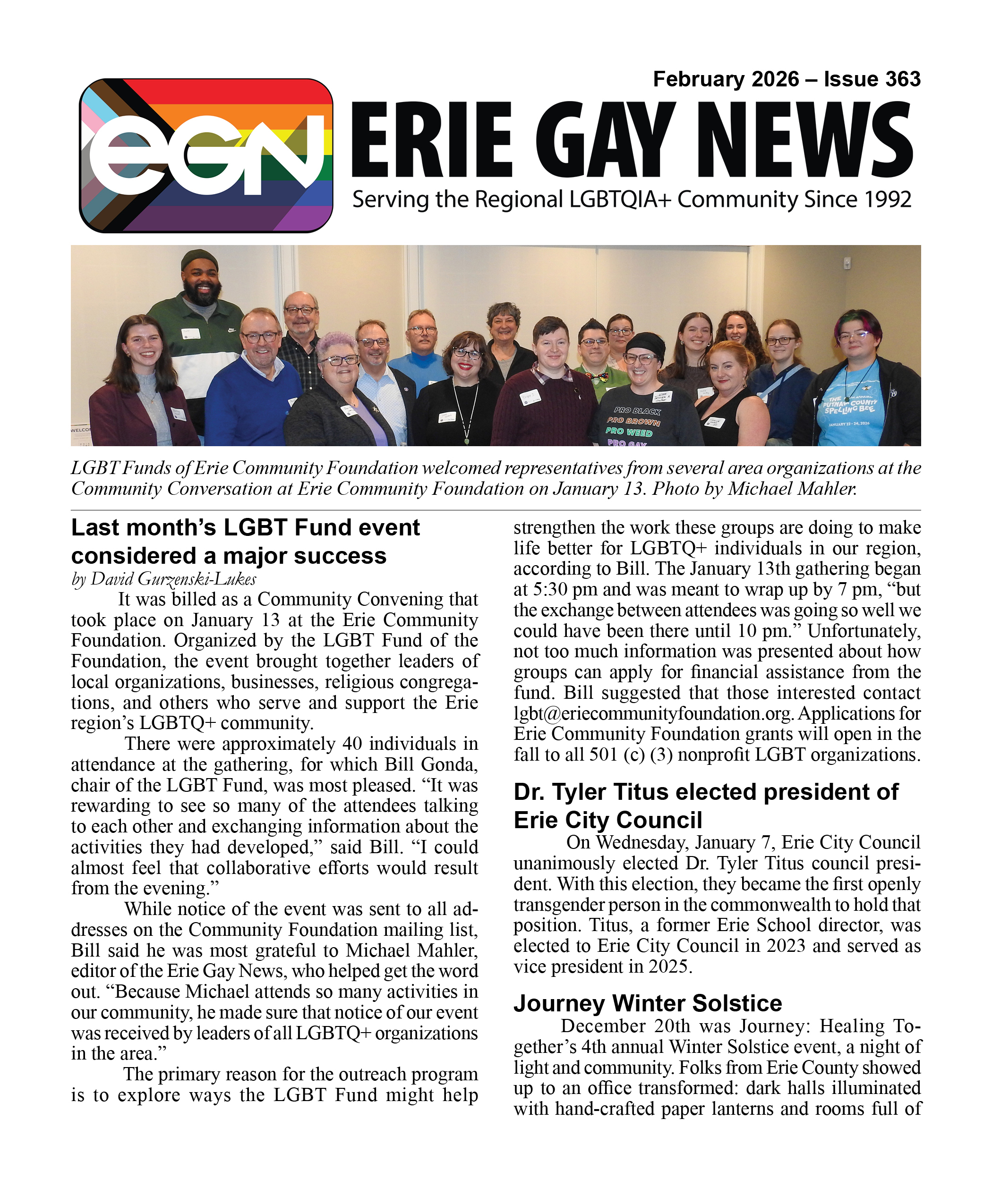Go To The Mirror: A Tribute to Louise Hay

From Michael Dale Kimmel of Life Beyond Therapy: Mirror work is something I first tried about forty years' ago. I went to a workshop where author/teacher Louise Hay encouraged people to talk to themselves in the mirror. I thought it was pretty weird and resisted it, at first. But today I frequently use it in my counseling practice and in my personal life.
For many of us, looking at ourselves in the mirror isn't easy. We often start automatically to criticize ourselves: "Oh, I look bad today", "My hair looks awful" or "Boy, I sure am fat, aren't I?"
This is the kind of stuff that encourages us not to look in a mirror: who wants to criticize themselves over-and-over again? (Only masochists, and I hope that doesn't describe you).
Why would you look in the mirror and talk to yourself? Because it's a great way to help yourself through a bad time and "be your own therapist". There is something about looking in your own eyes that's very powerful: when we gaze not stare at ourselves in the mirror, it's hard to avoid dealing with whatever's bothering us.
I've had clients who start crying when they begin to do this "mirror work". Many of us are afraid to take a good look at ourselves: we try to avoid it. We're afraid we're going to see some really awful, ugly person meeting our gaze.
Mirror work isn't a miracle panacea; but it can be very helpful if we're feeling stuck or unhappy and want to move through it and feel better.
Mirror work helps us not only to see ourselves, but to listen to ourselves. Many of us prefer to ignore how we feel and hope the bad stuff goes away. Unfortunately, it usually doesn't. In fact, it often gets worse.
When should I do "mirror work"? It's useful in lots of situations:
When things are bad, you could gently make eye contact with yourself in the mirror and say:
- "How can I help you feel better today?"
- "What can I do today that I'd really enjoy?"
- "What can I do about (name your problem)?"
When times are good, you can go to the mirror and say:
- "Thank you for this great life/job/car/partner."
- "I am really happy about . Thank you."
- "I am so grateful for my health/house/friends/whatever."
When you're having a hard time talking to someone: talk to them in the mirror, as practice:
- "I would like us to have sex more often." (said to your partner/spouse/whomever).
- "I deserve a raise because ." (said to your boss)
- "Mom, I need you to stop calling/texting me so much."
Mirror work doesn't take long. If you have a minute or two, that's enough.
If you have more time and find yourself crying or angry, give yourself time to get to the bottom of your emotions. Ask the man/woman in the mirror: "Why are you so sad?" or "Why are you so angry?" and then listen for the answer.
You'll get one, and it may not be what you expect.
Mirror work "works" because it forces us to really look at and listen to ourselves. It's often hard because what we see and hear is painful. The potential benefits of this kind of work are great: we have a chance to slow down and pay attention to ourselves at a level that we rarely do in this rush-rush, crazy deadline world.
That's why I do it myself and use it with many of my clients.
I'd like to thank Louise Hay (that's her in the photo above) for starting me on this path back in 1988. She was a very wise woman. Check out her YouTube videos (there are many) if you're curious about her and her work: https://www.louisehay.com. She died in 2017 at the age of 90. We went to the same acupuncturist in Banker's Hill where she lived so I saw her there in the waiting room toward the end of her life: she really practiced what she taught.
About the Author

|
Michael Dale KimmelI am a California-licensed psychotherapist (LCSW 20738). With over twenty-five years of counseling experience, I bring warmth, practical insight and a healthy sense of humor to my practice. |



